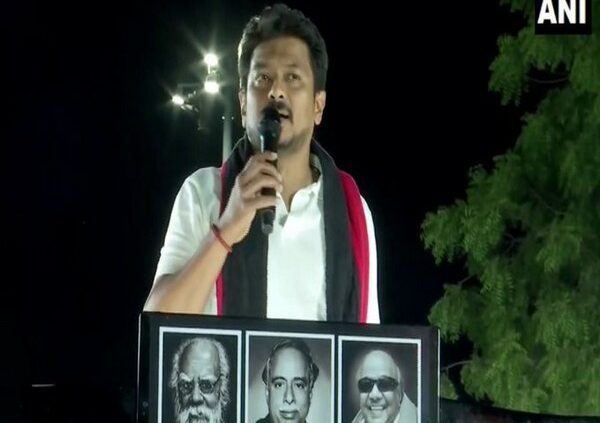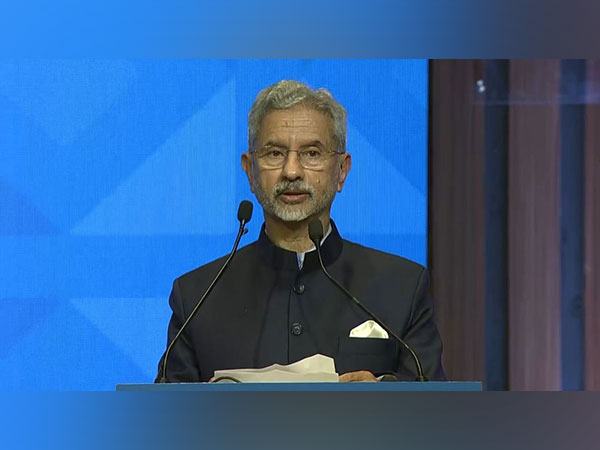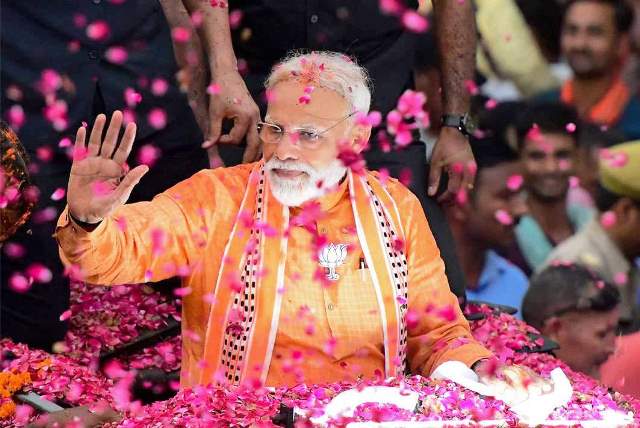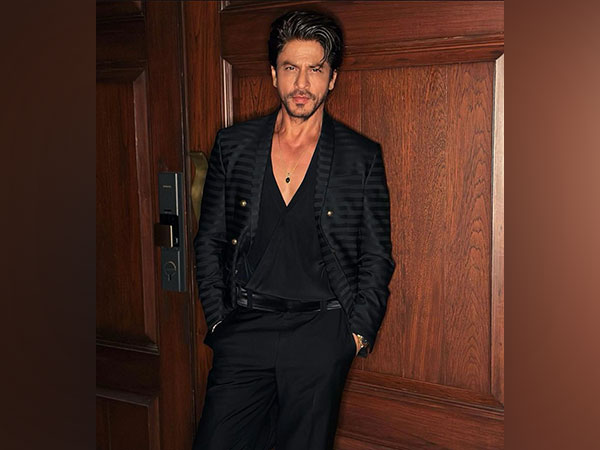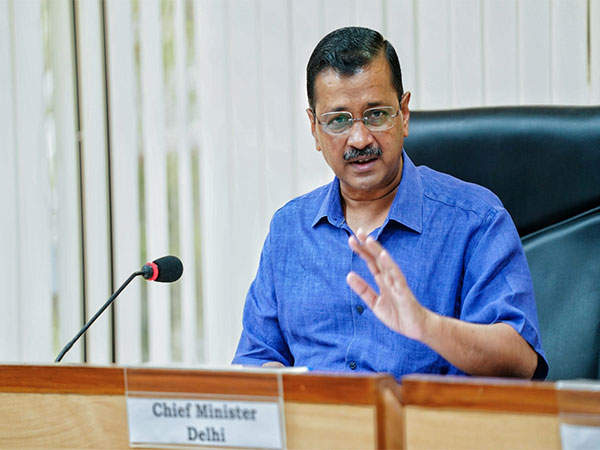What You Could Expect in Five More Years of Modi
In mid-March, at this year’s annual conclave organised by the India Today group, in his introductory speech before inviting Prime Minister Narendra Modi to speak, the group’s chairman Aroon Purie remarked that Modi was not just campaigning for the soon to begin 2024 parliamentary elections but he also seemed to have his sights on the next one to be held in 2029. When Modi rose to speak, he was quick to grab that as a cue. Playfully rebuking Purie, he said, “You stopped with 2029? I am aiming for 2047!”
That repartee may have been in jest. In 2047, Modi, if he is still around, will be 97–an age at which it is not usual to still be active in politics. Yet, 2047, in Modi’s scheme of things, is a significant year. It will be the 100th anniversary of India’s Independence. It is also
the year for which Modi has envisioned Viksit Bharat @2047, a plan that is all about making India an advanced and developed country by that year.
Most observers, political analysts, and journalists, including the dwindling few among that third group in India who could still be considered detractors, are quite clear that it is almost a certainty that Modi will get a third term as Prime Minister, and that his Bharatiya Janata Party (BJP) and its allies will again win an overwhelming majority of the 543 seats for which the elections will be held in seven phases, beginning April 19. Modi himself is confident that his alliance, the National Democratic Alliance, will get more than 400 seats, beating its 2019 tally of 353.
The support and popularity that Modi enjoys is quite unprecedented in Indian politics and, as a consequence, his party and its allies are tipped as the clear winners in this year’s elections. Yet when it comes to the number of seats, the math may not be simple. Modi and his party are not very popular in the southern Indian states, which have largely been a bastion of regional parties and the opposition Congress Party. The south (four states and one union territory) has 130 of the 543 parliamentary seats, and in the 2019 elections, while it swept the northern states, the NDA won only 30 of them. How Modi and his alliance fares in the south this time would determine whether their final tally touches or crosses 400.
The Impact of Modi 3.0
That is a minor math conundrum. The larger issue is what a third term for Modi would mean for India and its people. At the India Today Conclave mentioned earlier, Modi ended his speech with his own predictions. In the next five years, he said, India’s infrastructure would reach new heights with significant advancements. For example, he said, Indian Railways would bring transformative changes to transportation. India, which is now the world’s biggest importer of defence equipment, would emerge as an exporter with a much stronger presence in the global defence market. And, in the space sector, after already having launched a successful moon mission, India would set new records in space endeavours.
Economic Growth. On the economic front, Modi has already set some tangible targets to achieve in his third term. Such as becoming the third largest economy in the world after the US and China. India with a GDP estimated at $3.7 trillion is growing the fastest among the world’s big economies and in size it is now the fifth largest economy in the world. To become the third, it would have to overtake Germany (at number 4) and Japan (number 3). With its fast-paced growth that would not seem difficult to achieve.
Reducing Poverty. According to the National Multidimensional Poverty Index (MPI), India has already made big strides. The MPI captures overlapping deprivations in health, education, and living standards by complementing income-based poverty measurements by directly measuring and comparing deprivations. In the period, 2019-21, 14.96% of India’s population was multi-dimensionally poor, compared to 24.85% in 2015-16. This means that 135 million individuals have escaped multidimensional poverty during the 5-year period. The several schemes implemented by the Modi regime (such as direct transfers of welfare and subsidies; credit assurance to vendors; and support for tribal groups and artisans) will likely lead to further reduction in poverty during a third Modi term.
Other areas where progress could continue includes women’s empowerment. Although violence against women, closing gender gaps, and promoting economic opportunities are ongoing priorities, women have benefited from schemes to increase financial inclusion, subsidies on items such as cooking gas, emphasis on girl child education, and women’s involvement in local government. Gender equality can be expected to be an important objective in Modi’s third term.
An increased emphasis on national security and strengthening India’s security infrastructure, both internal as well as external, will also be a top priority area for the government. ‘
The Worrisome Issues
A third term would also pose other challenges for the Modi regime. One topic of discussion has been the potential downgrading of democracy ratings in India and the independence and autonomy of its institutions such as the judiciary. In 2021, international indices such as the US-based non-profit, Freedom House, downgraded India’s status from a free democracy to a “partially free democracy”. Sweden’s V-Dem Institute, which publishes datasets that describe qualities of different governments, classified India as an “electoral autocracy”. The Economist Intelligence Unit described India as a “flawed democracy” pointing to enacted laws such as the Citizenship Amendment Act, the National Registration of Citizens, and the revocation of Kashmir’s special status.
The past 10 years has seen a rise in majoritarianism in Indian society and increased communal tension, particularly between Muslims who account for 14.2% of the population and Hindus who make up 80%. How minorities will be treated in a third term of the BJP-led government could be an area of concern.
Also, despite the optimism about the Indian economy and its high growth rate, issues like inflation, unemployment, and rural inequality remain pressing challenges that need to be addressed. Youth unemployment because of mismatch of education with employment opportunities are areas that the new government or a Modi 3.0 regime will have to focus on in the next five years. India is still a young country–more than 50% of its population is below the age of 25 and more than 65% below the age of 35. While this is often referred to as a demographic dividend, in the absence of opportunities for India’s young, it could backfire horribly.
For more details visit us: https://lokmarg.com/

